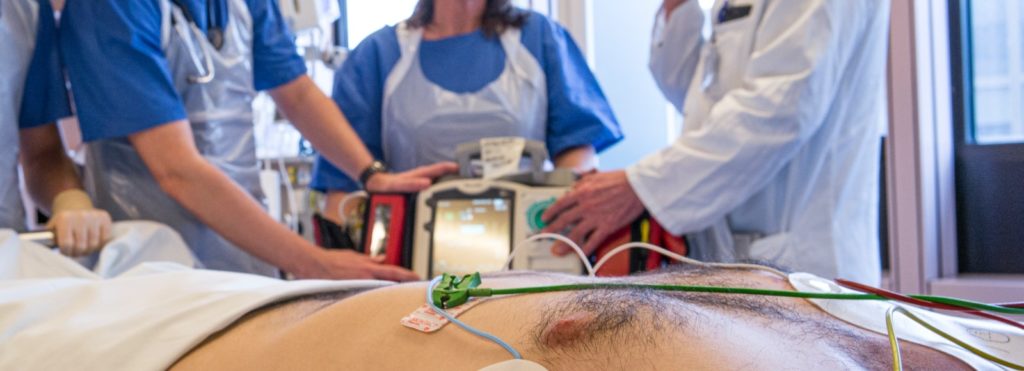- ...
Postgraduate Studentships - Search for funding opportunities.

If you study a masters in nursing it will build upon your knowledge to provide you with additional skills. You will learn to develop critical enquiry, use evidence in practice and help build self confidence in undertaking research.
Many nurses have developed their careers from patient facing to senior leadership responsibilities through the study of a masters in Nursing. Nursing masters graduates often assume leadership roles after graduation. They are instrumental in healthcare management to help drive forward continuous improvement.
The four principal nursing specialisms of adult, children, learning disability and mental health can be studied further at masters degree level. These additional qualifications add to the core training learned during the initial tuition and placement stages that make up a typical nursing degree.
Additional areas that can be studied at masters level include midwifery, prescribing, occupational therapy, community care and counselling as well as clinical studies with premature infants, physiology and infectious diseases. Masters degrees in nursing can provide an entry into clinical roles, and also further research with the achievement of a PhD.
There are a wide number of career paths open to nursing graduates, including community health, aesthetic medicine, paramedic and biomedical science. Advanced professional practice is required for registered health or social care professionals seeking a clinically focused specialist pathway.
Students can undertake nursing as a profession after completion of a nursing masters. Two masters students at Edge Hill University had different routes into the front line. Ruth Nicholson shared her experiences on a cardiology ward after her masters. Similarly, Grace Duke has a completely different career as a teacher prior to her nursing masters degree. A specialisation in occupational therapy will be opening a variety of doors for Matt Chan who is studying at the University of Plymouth.
The UK regulator for nursing care is the Nursing and Midwifery Council (The NMC). Moreover, this body sets the standard that nurses, midwives and nursing associates have to achieve in order to practice. This applies to education standards. This ensuresthe training provided to nurses is consistent and allows them to deliver safe and effective care.
Masters degrees in nursing, midwifery and healthcare that meet the requirements of the NMC allow qualified nursing staff to practice safely in patient facing environments. Many overseas nurses choose to work in the UK. Moreover, the NMC evaluate qualifications achieved in the home country in order that a nurse can register as a nursing associate in the UK.
Masters level courses are provided in modules which can be studied in flexible modes – part time and online. Postgraduate Certificates and Diplomas are widely available. These are designed to fit around the requirements of the workplace and shift patterns.
Nurses are encouraged to accumulate training credits and individual study days are offered as part of their Continuing Professional Development (CPD). This is a requirement of registration.
The healthcare needs of the country are under an intense spotlight at the moment. Individuals who have the dedication to focus on the physical and emotional requirements of nursing are in great demand. Those individuals who show that they have the capacity to continue with their nursing studies at masters level will be widely recognised throughout the coming years.